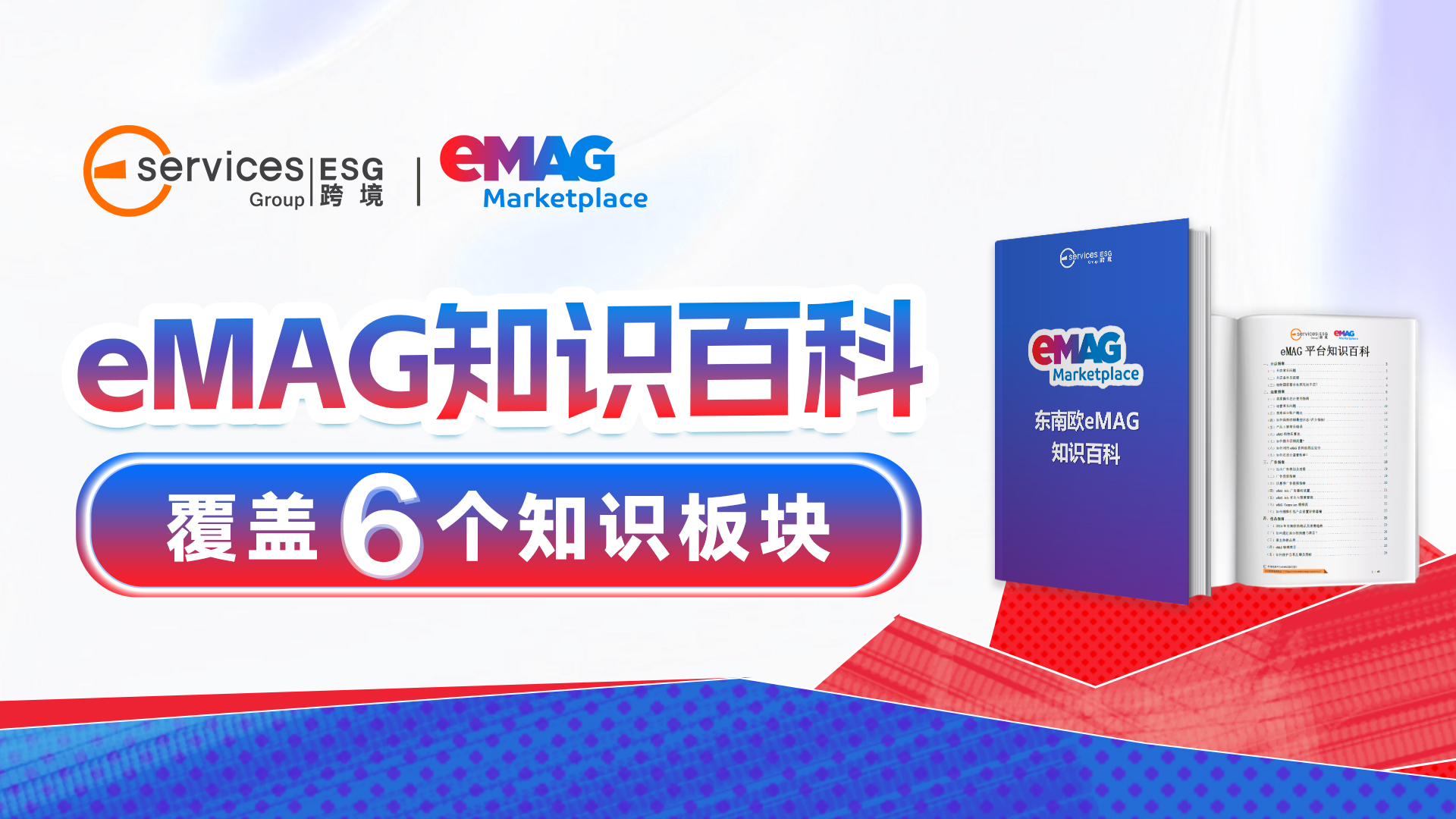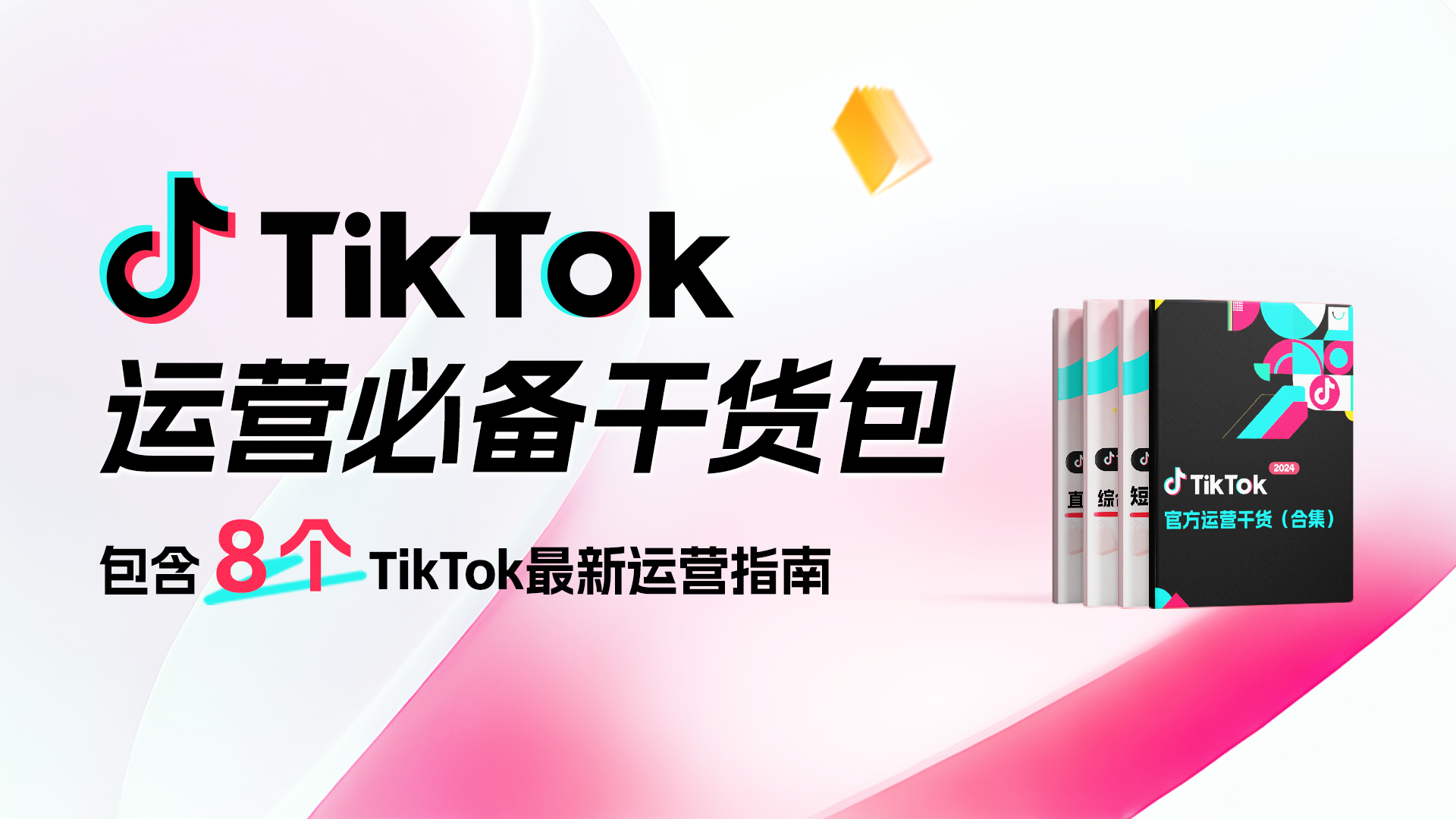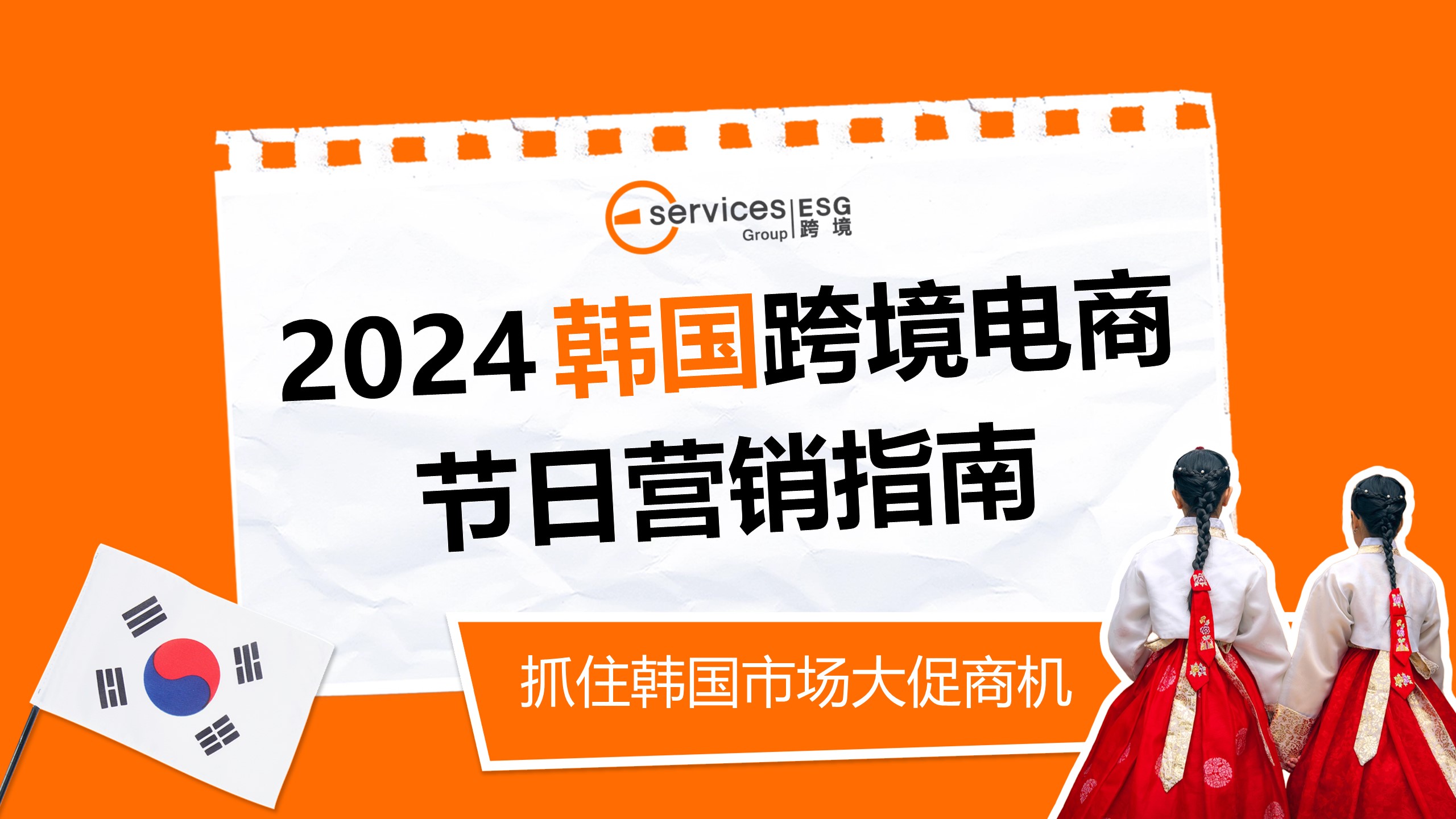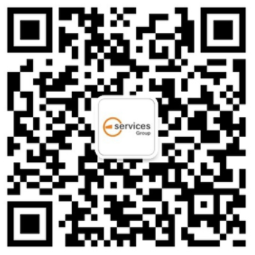亞馬遜墨西哥開店,需要注意哪些稅務和法規問題?(上)
下文提供了關稅與稅率、非居民進口商要求、禁售商品以及有關在墨西哥銷售商品的法規的概覽。
墨西哥稅務和法規注意事項
下文提供了關稅與稅率、非居民進口商要求、禁售商品以及有關在墨西哥銷售商品的法規的概覽。
注意: 此頁面不構成海關或法律建議。我們建議您在在墨西哥銷售商品前咨詢報關行或法律顧問。
墨西哥稅務和法規
墨西哥稅務和法規因銷售給墨西哥買家的商品的海關登記進口商 (IOR) 而異:
賣家自配送商品: 如果您從墨西哥境外向買家配送商品,您將被列為海關登記進口商。這意味著您必須支付目的國關稅、稅費和清關費用,然后才能在 Amazon.com.mx 上向買家銷售商品。
(FBA): 如果您進口庫存以儲存在墨西哥的運營中心,則您是海關登記進口商,必須先支付目的國關稅、稅費和清關費用,然后,當您的商品在 Amazon.com.mx 上銷售給買家時,才能儲存在墨西哥運營中心。請注意,亞馬遜及其運營中心不會充當亞馬遜物流貨件的海關登記進口商。在配送到墨西哥的亞馬遜物流貨件上將亞馬遜列為海關登記進口商,或者沒有指定海關登記進口商,可能會導致您失去銷售權限。此外,不符合規定的貨件可能被拒收或退貨,相關費用由發貨人承擔。
遠程配送: 如果您通過亞馬遜物流遠程配送在墨西哥銷售商品,買家將成為海關登記進口商。將向買家并代其支付目的國關稅、稅費和清關費用。
國際貨件標準
“Normas Oficiales Mexicanas”和“Normas Mexicanas”: 由于應用技術法規或標準而產生了貿易技術壁壘。通常,技術規定是強制性的,并由政府制定、監督和執行。另一方面,標準是自愿性的,并在相關各方同意采用標準后才在特定市場生效。墨西哥同時面臨這兩種類型的技術壁壘: “Normas Oficiales Mexicanas”(NOM) 是技術法規。“Normas Mexicanas”(NMX) 是自愿性標準,作為參考使用。在許多國家/地區,技術規定和標準是互補的。但是,在墨西哥是以技術規定為根本。
合規性: 在墨西哥銷售商品的外國公司的商品必須符合墨西哥的商品技術規定。商品安全 NOM 要求墨西哥進口商向墨西哥海關提交 NOM 證書及所有其他進口文件。此證書證明商品經過驗證,符合適用的 NOM 規定。需要遵守 NOM 的商品只有在經驗證符合 NOM 后才能進口到墨西哥。可能需要進口商品的樣本,以在經過批準的實驗室進行檢測。
有關更多信息,請訪問墨西哥政府的經濟頁面并搜索“normatividad empresarial”或“normas”。
MX NOM 標志是墨西哥的商品安全標志之一,大部分電子商品都要求有此標志。它證明商品符合 NOM 中的安全標準。為了起到認證的目的,MX NOM 標志必須出現在商品上,除非法律明文規定該標志應位于包裝上的其他位置。強烈建議發貨人確保其商品符合 NOM。
關于貼標的技術標準包括:
消費品通用貼標 (NOM-050-SCFI-1994)
食品和非酒類飲料貼標 (NOM-051-SCFI-1994)
酒類飲料貼標 (NOM-142-SSA1-1995)
紡織品、衣服和飾品貼標 (NOM-004-SCFI-1994)
皮革或類似外觀的人造材料、鞋類以及用這些材料制成的商品的貼標 (NOM-020-SCFI-1997)
電氣和電子產品以及家用電器的貼標 (NOM-024-SCFI-1998)
油漆、清漆和類似商品的標簽 (NOM-003-SSA1-1993)
有關更多信息,請咨詢您的報關行或法律顧問。您也可以訪問 Normas Oficiales Mexicanas 或 Servicio de Administracion Tributaria (SAT)。
可從 Mexlaws.com 和其他第三方來源免費獲取常見 NOM 的英語翻譯。
禁售商品
根據墨西哥法律規定,禁止進口或出口某些魚類、種子、蔬菜產品、化學品、蛇皮和考古或歷史手工制品。我們建議您在配送任何庫存商品前聯系您的報關行或法律顧問,了解可能存在的任何限制。
版權/商標權
海關可以阻止仿冒商標和盜用版權的商品進入流通。懷疑進口非法商品的權利所有者可以向相應的墨西哥政府部門提出申請,要求采取措施。
賣家需要確保以下事項:
賣家是商標權的所有者。
賣家經過授權可以使用和經銷該品牌。
商品沒有實體品牌信息。
商品有實體品牌,但是沒有在墨西哥工業產權研究所 (IMPI) 注冊。
Mexico tax and regulatory considerations
Below is an overview of tariff and duty rates, nonresident importer requirements, prohibited products, and certain other applicable regulations for selling in Mexico.
Note: This page is not intended to provide customs or legal advice. We recommend that you consult with a customs broker or legal adviser before selling in Mexico.
Mexico taxes and regulations
Mexico taxes and regulations differ depending on the importer of record (IOR) for the products sold to Mexican customers:
Self-fulfilled products: If you ship your products to customers from outside Mexico, you will be listed as the IOR. This means you must pay destination duties, taxes, and customs-clearance fees before your product can be sold to customers on Amazon.com.mx.
Fulfillment by Amazon (): If you import inventory to be stored in an Amazon fulfillment center in Mexico, you are the IOR and must pay destination duties, taxes, and customs-clearance fees before your product can be stored in a Mexico fulfillment center when your products are sold to customers on Amazon.com.mx. Note that Amazon and its fulfillment centers will not serve as the IOR for any shipment. Listing Amazon as the IOR on FBA shipments to Mexico or failing to specify an IOR may result in loss of selling privileges. In addition, noncompliant shipments may be refused and returned at the shipper’s expense.
Remote Fulfillment with FBA: If you sell products in Mexico through Remote Fulfillment with FBA, the customer becomes the IOR. Amazon will collect from the customer and pay the destination duties, taxes, and customs-clearance fees on their behalf.
International shipment standards
"Normas Oficiales Mexicanas" and "Normas Mexicanas": Technical barriers to trade arise from the application of technical regulations or standards. Generally, technical regulations are mandatory, and governments establish, monitor, and enforce them. Standards, on the other hand, are voluntary and take effect in a given market because the parties concerned agree to use them. Mexico has both of these types of technical barriers: "Normas Oficiales Mexicanas" (NOM) are technical regulations. "Normas Mexicanas" (NMX) are voluntary standards, intended for use as references. In many countries, technical regulations and standards are complementary. In Mexico, however, technical regulations are fundamental.
Compliance: Foreign companies must meet Mexican product technical regulations as a condition for selling products in Mexico. Product-safety NOMs require Mexican importers to present a NOM certification to Mexican customs along with all other import documents. This certificate attests that the product has been verified and found to have complied with the applicable NOM. A product that is subject to a NOM cannot be imported into Mexico unless it has been certified as complying with the NOM. Samples of goods may be imported in order to be tested by approved laboratories.
For more information, visit the Mexican government’s economy page and search "normatividad empresarial" or "normas."
The MX NOM Mark, a product-safety mark for Mexico, is a requirement for the majority of electronic items. It certifies that the product meets the safety requirements contained in the NOMs. For certification purposes, the MX NOM Mark must appear on the product unless an alternate location on packaging is specified in writing as permitted by law. It is strongly recommended that the shippers ensure their products are NOM-compliant.
Technical standards for labeling include the following:
General labeling of consumer goods (NOM-050-SCFI-1994)
Labeling of food and non-alcoholic beverages (NOM-051-SCFI-1994)
Labeling of alcoholic beverages (NOM-142-SSA1-1995)
Labeling of textiles, clothing, and accessories (NOM-004-SCFI-1994)
Labeling of leather and artificial materials with such appearance, footwear, and products made of these materials (NOM-020-SCFI-1997)
Labeling of electrical and electronic products, as well as household appliances (NOM-024-SCFI-1998)
Labeling of paints, varnishes, and similar goods (NOM-003-SSA1-1993)
For more information, check with your customs broker or legal adviser. You can also visit Normas Oficiales Mexicanas or Servicio de Administracion Tributaria (SAT).
English-language translations of common NOMs are available for a fee from Mexlaws.com and other third-party sources.
Prohibited products
The import or export of certain fish, seeds, vegetable products, chemicals, reptile skins, and archaeological or historical artifacts is prohibited under Mexican law. We suggest that you contact your customs broker or legal adviser before shipping any inventory to understand any restrictions that may apply.
Copyright/trademark enforcement
The customs administration can suspend release of counterfeit trademarked and pirated copyright goods into circulation. A rights-holder suspecting import of illegal goods can apply with appropriate Mexican authorities to take action.
Sellers will need to ensure the following:
The seller is the holder of the trademark rights.
The seller is authorized to use and distribute the brand.
Goods have no physical branding information.
Goods have a physical branding but are not registered with the Industrial Property Mexican Institute (IMPI).
特別聲明:以上文章內容僅代表作者本人觀點,不代表ESG跨境電商觀點或立場。如有關于作品內容、版權或其它問題請于作品發表后的30日內與ESG跨境電商聯系。
平臺顧問
微信掃一掃
馬上聯系在線顧問
小程序

ESG跨境小程序
手機入駐更便捷
返回頂部










 市場合作:shichangbu@eservicesgroup.com
市場合作:shichangbu@eservicesgroup.com





